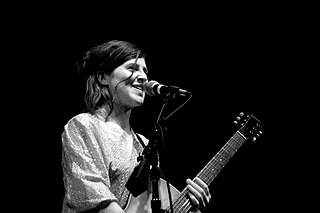A Quote by Karen Traviss
Recreating the experience of, say, bereavement in my own head is pretty rough. I was used to switching off from emotions every day of my working life as a journalist, but in fiction, you have to feel it 100%, or else it's a flat experience for the reader.
Related Quotes
The book is finished by the reader. A good novel should invite the reader in and let the reader participate in the creative experience and bring their own life experiences to it, interpret with their own individual life experiences. Every reader gets something different from a book and every reader, in a sense, completes it in a different way.
In a study we did of bereavement, we found that rather impressive numbers of widows and widowers had not simply gone back to their pre-loss functioning, but grown. This was due to a kind of increased existential awareness that resulted from this confrontation with the death of another. And I think it brought them in touch with their own death, so they began to experience a kind of preciousness to life that comes with an experience of its transiency.
This fact was something I also learned from this first novel that I needed personal experience to invent, to fantasize, to create fiction, but at the same time I needed some distance, some perspective on this experience in order to feel free enough to manipulate it and to transform it into fiction. If the experience is very close, I feel inhibited. I have never been able to write fiction about something that has happened to me recently. If the closeness of the real reality, of living reality, is to have a persuasive effect on my imagination, I need a distance, a distance in time and in space.
I write every day, for most of the day, so it's just about turning into metaphor whatever's going on in my life, in the world, and in my head. Every nightmare, every moment of grief or joy or failure, is a moment I can convert into cash via words. I use everything. Turning life into stories is how I make sense of my experience.
I was working in the same building as U.S. News & World Report, and I banged on the door and said, "I'm ready to go." And they said, "What's your combat experience?" I said, "Does my parents' divorce count? It was pretty rough." Then they said, "What's your reporting experience?" And I said, "I covered the women's volleyball team in college exceptionally well." The guy was like, "You are so not ready to be a war correspondent."
I think that everybody has hard work side, no matter what your job is, you have bad days, you have people you don't get along with. The thing about modeling is every single day you're working with a completely new team so every single day is your first day of work or your first day of school. And you can't really have an off day because that will be the only experience they have with you.



































